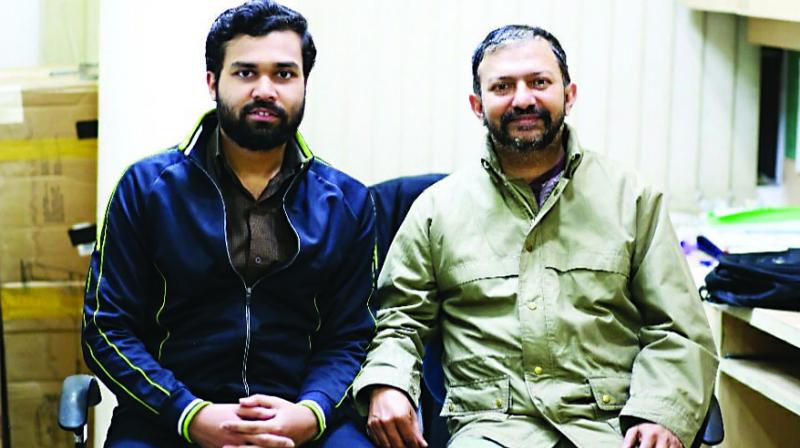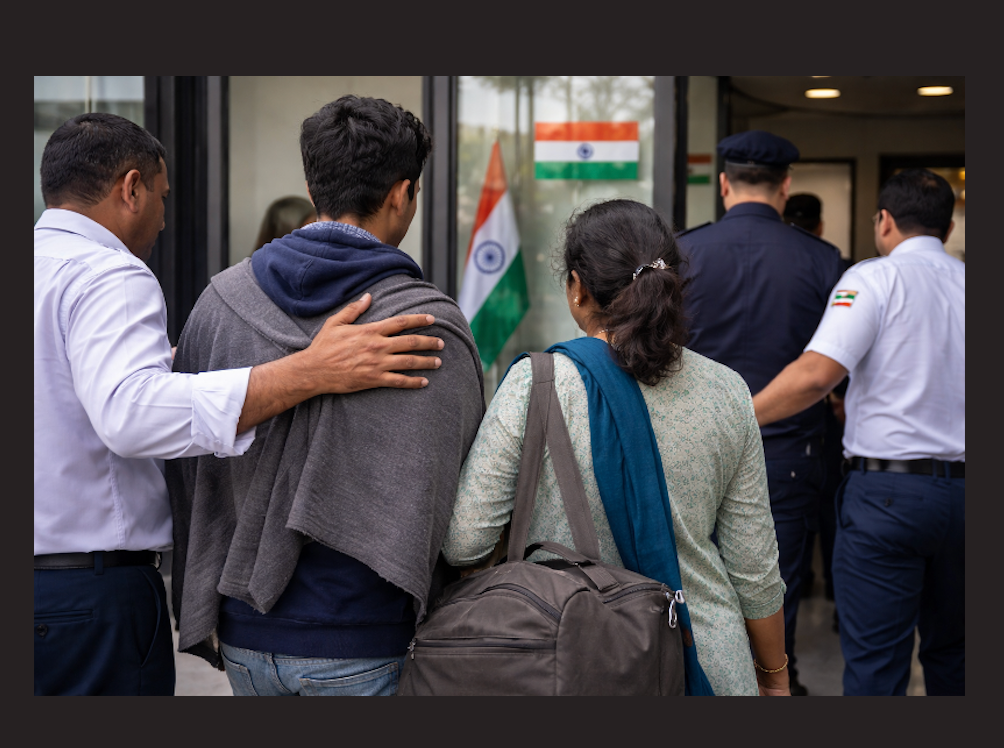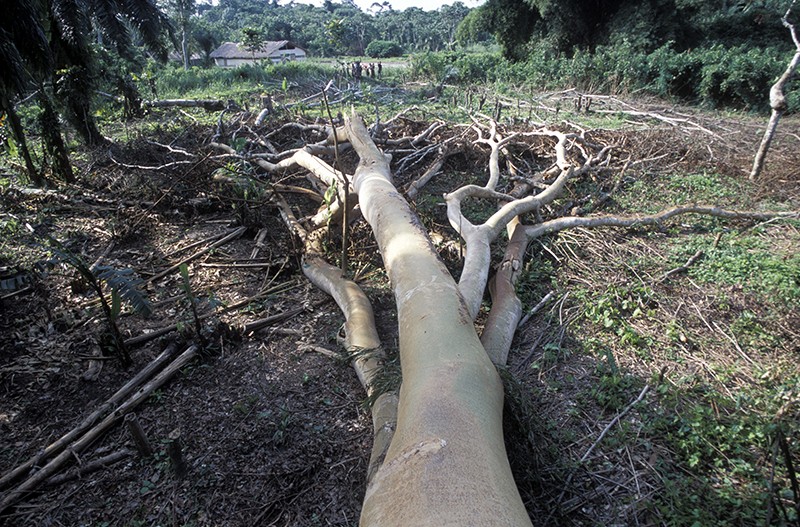Ordinary antimicrobial fabrics available in the market inhibit microbes in a span of 24 hours and that too with unsatisfactory efficiency. This time-span makes the fabric products impractical for everyday life because a typical bacterium doubles in around 20-30 minutes. Recently, it was certified for commercial-scale production after large-scale manufacturing trials
After three long years, researchers Yatee Gupta and Samrat Mukhopadhyay, have developed a unique technology and novel chemical formulation to manufacture a highly-affordable and extremely effective anti-microbial fabric named Fabium®.
The non-toxic white medical textile can destroy 99.9% of pathogens including viruses, bacteria and fungi within 30 minutes. Fabium can be made with any natural or synthetic material, can be dyed and designed.
Recently, it was certified for commercial-scale production after large-scale manufacturing trials.
Gupta is the founder of Fabiosys Innovations, a Delhi IIT healthcare start-up run by the Delhi Alumni Association. Its mentor, Samrat Mukhopadhyay, is a professor in the department of Textile and Fibre Engineering at the institute as well as chairman, Board of Academic Affairs, at the Indian Institute of Handloom Technology (IIHT).
Prof Mukhopadhyay says, “Fabium® is developed using a technology called Hi-PAT (High Performance Anti-Microbial Technology). A transparent chemical solution is applied on rolls of white fabric. It starts working within seconds of contact with pathogens and destroys 99.9% of them within 30 minutes.
Ordinary antimicrobial fabrics available in the market inhibit microbes in a span of 24 hours and that too with unsatisfactory efficiency. This time-span makes the fabric products impractical for everyday life because a typical bacterium doubles in around 20-30 minutes.
Thus, Fabium scores over similar products due to its high performance, time efficiency and highly affordable technology. Despite imparting functionality to the fabric, its physical parameters hardly change.”
Ordinary antimicrobial fabrics available in the market inhibit microbes in a span of 24 hours and that too with unsatisfactory efficiency. This time-span makes the fabric products impractical for everyday life because a typical bacterium doubles in around 20-30 minutes.
The researchers quickly realised the potential of the product, not only in healthcare but also in the garment industry, where aesthetics play an important part. “Therefore, the fabric is devised in such a way that it can be used in designer dresses, upholstery, bedcovers and car-seat covers.
Fabium can be made with any kind of fabric: natural or synthetic, woven, non-woven or knitted. One of the major USPs of Fabium is its natural colour, which is 100% white, making it suitable for dyeing, printing, embroidery, and other kinds of designing,” Gupta shares.
Gupta says “The affordability of Fabium is due to the technology behind it rather than cheap labour. Market research by Team Fabiosys indicates that the cost-effective novel chemical formulation and unique textile processing technology make Fabium an extremely affordable antiviral fabric.”
Overcoming challenges
During the period of lockdown, industries and production houses were closed. “We faced shortage of raw materials, lack of labourers and escalating costs. Once the government norms were eased, we could carry on with our work and gradually, after two years, succeeded in taking our technology beyond the laboratory level for large scale manufacture. Our first product using this fabric was the Indian flag,” Gupta reveals.
Prof. Mukhopadhyay thanks the Department of Biotechnology, principal scientific advisor to the Government of India, IIT Delhi and FITT, which supported this cause during the crucial pandemic time.
He adds, “Our mission is to manufacture Fabium on a large scale in India.” The production capacity is about 20,000 metres of fabric per day.
*****************************************************************
Readers
These are extraordinary times. All of us have to rely on high-impact, trustworthy journalism. And this is especially true of the Indian Diaspora. Members of the Indian community overseas cannot be fed with inaccurate news.
Pravasi Samwad is a venture that has no shareholders. It is the result of an impassioned initiative of a handful of Indian journalists spread around the world. We have taken the small step forward with the pledge to provide news with accuracy, free from political and commercial influence. Our aim is to keep you, our readers, informed about developments at ‘home’ and across the world that affect you.
Please help us to keep our journalism independent and free.
In these difficult times, to run a news website requires finances. While every contribution, big or small, will makes a difference, we request our readers to put us in touch with advertisers worldwide. It will be a great help.
For more information: pravasisamwad00@gmail.com








